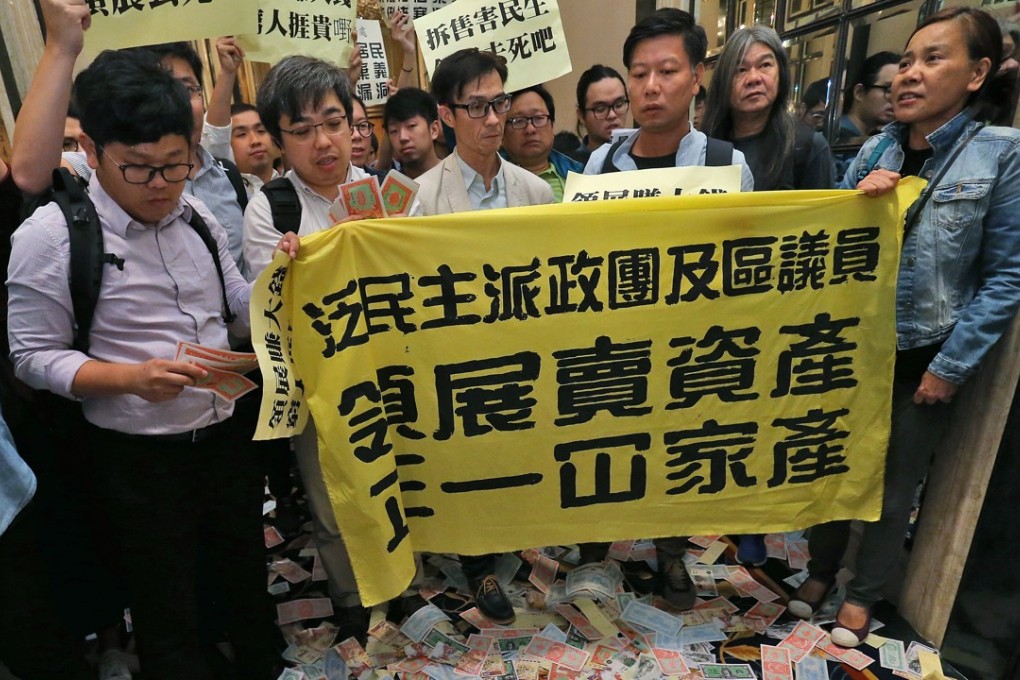My Take | Arguments simply not made of the reit stuff
Those normally poles apart are united in their criticism of the Link and its management of former public facilities, but they are still wrong

You wouldn’t normally associate “Long Hair” Leung Kwok-hung with legislative and executive councillor Regina Ip Lau Suk-yee. But the Link Reit is an easy target for every politician looking for a populist cause.
Leung has a habit of gatecrashing the annual meetings of the city’s largest real estate investment trust. Ip is more civilised and prefers to put up street banners and write letters to editors to criticise the Link.
Such criticism may come in different forms but amounts to the same thing – reit business practices make life difficult, that is, unaffordable, for those who live on public housing estates. This has been the criticism ever since the Link initial public offering in 2005. The argument is that, of the more than 10 reits listed in Hong Kong, the Link is unique in that its property assets are primarily retail, parking and other commercial properties on public estates and estates under the Home Ownership Scheme. They were assets sold by the Housing Authority.
But this argument is untenable. If the primary interest had been the welfare of housing tenants, the government should never have sold those public assets. Once they were privatised and listed as a reit, its management had a fiduciary duty to run it like a proper business. This means upgrading malls and renovating other facilities. The most common criticism is that rents are too high for traditional mom-and-pop shops. Perhaps the Link should subsidise them?
Leung and his like-minded social activists are at least consistent: they have suggested the government buy back Link assets. It’s wholly unrealistic, though. The IPO price was slightly north of HK$10, today it’s approaching HK$70. The government would be crazy to pay almost seven times more for what it had sold them for.
